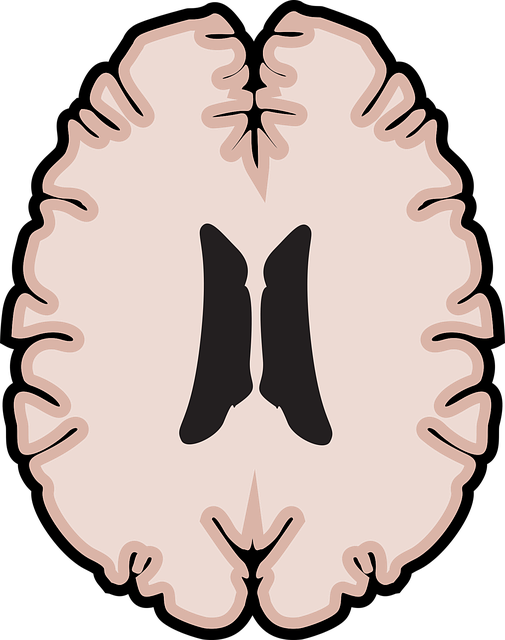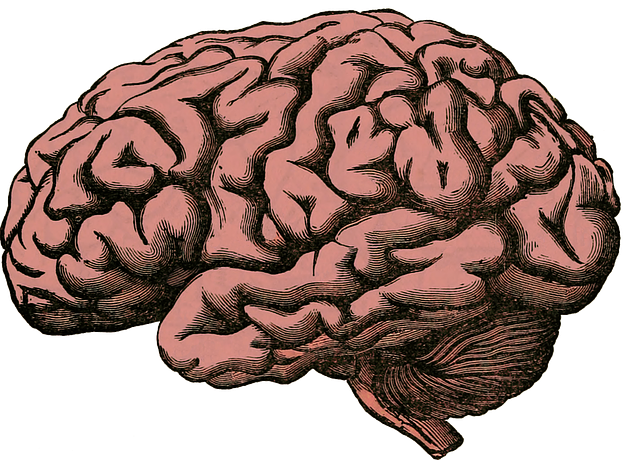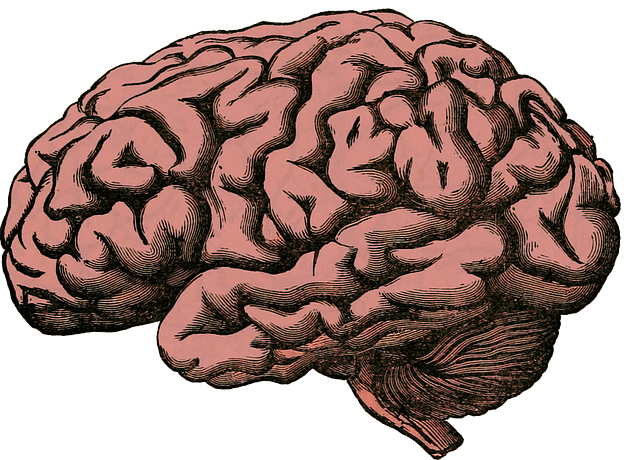To design an effective mental health education program for Littleton, research, surveys, and focus groups involving professionals and community members are essential to understand local needs, such as anxiety reduction. The program should set clear goals, create a supportive environment, incorporate evidence-based stress methods, and teach coping skills to enhance resilience. Tailoring the curriculum to specific demographics and considering access to resources ensures relevance and impact, fostering emotional well-being and empowerment within diverse communities, including Littleton Family Counseling Therapy's focus on children, adults, and varied cultural contexts.
“In the heart of Littleton, a comprehensive mental health education program emerges as a beacon of hope, aiming to foster resilient and cognizant communities. By ‘Assessing Needs and Setting Goals,’ this initiative tailors its approach to the unique challenges faced by Littleton’s diverse demographics. Through collaboration with local stakeholders, including schools, organizations, and healthcare providers, the program sets realistic goals centered around youth mental well-being.
‘Curriculum Design’ focuses on engaging, age-appropriate content, integrating evidence-based practices, and real-life scenarios to combat prevalent issues such as anxiety, depression, and stress. ‘Implementing and Sustaining the Program’ ensures educator training, community engagement, and policy integration, culminating in measurable impact and long-term sustainability through strategic partnerships, including Littleton Family Counseling Therapy.”
- Assessing Needs and Setting Goals: Tailoring the Program to Littleton Community
- – Understanding the mental health landscape in Littleton
- – Identifying target demographics and their unique challenges
Assessing Needs and Setting Goals: Tailoring the Program to Littleton Community

In designing a mental health education program for Littleton’s community, assessing local needs is paramount. This involves understanding the unique challenges and concerns that residents face, whether it’s high stress levels from the fast-paced urban environment or specific issues prevalent among families and young adults. By conducting thorough research, surveys, and focus groups, involving both professionals like Littleton Family Counseling Therapy experts and community members, organizers can identify pressing matters such as anxiety, stress reduction methods, and coping skills development. This data-driven approach ensures that the program aligns with the actual demands of the community it aims to serve.
Once needs are assessed, setting clear and achievable goals becomes crucial. The program design should focus on creating a supportive environment that fosters open discussions about mental well-being. Incorporating evidence-based stress reduction methods and teaching effective coping skills can significantly impact individuals’ ability to manage anxiety and enhance overall resilience. Tailoring the curriculum to address these concerns will empower Littleton residents with practical knowledge and tools, fostering a healthier and more supportive community ecosystem.
– Understanding the mental health landscape in Littleton

In Littleton, the mental health landscape is diverse and dynamic, reflecting the broader trends across the nation. With a growing awareness of mental wellness among residents, there’s a heightened demand for accessible and comprehensive counseling services. Many individuals seek support for various issues, from everyday stress and anxiety to more severe conditions that impact their daily lives. The need for Littleton Family Counseling Therapy has become increasingly evident as families recognize the importance of fostering inner strength development in both children and adults.
This shift towards prioritizing mental health is further amplified by local initiatives and organizations dedicated to promoting well-being. One notable aspect is the recent surge in interest for mental wellness resources tailored specifically for the community. This includes innovative approaches like the production of a Mental Wellness Podcast Series designed to educate, inspire, and connect individuals seeking support. By leveraging such platforms, Littleton is fostering open conversations about mental health, breaking down barriers, and encouraging those in need to take proactive steps towards enhancing their inner strength and overall mental wellness.
– Identifying target demographics and their unique challenges

When designing a Mental Health Education Program, identifying the specific target demographics is a crucial initial step. At Littleton Family Counseling Therapy, we recognize that mental health issues can significantly vary across different age groups, cultural backgrounds, and socioeconomic statuses. For instance, programs tailored for adolescents may focus on stress management and coping mechanisms to navigate peer pressure, while those aimed at working adults could address work-life balance and burnout prevention. Understanding these unique challenges ensures that the education provided is relevant and impactful for each demographic.
Furthermore, considering factors like community norms and access to resources can shape the design of Mental Health Education Programs. For example, programs in rural areas might emphasize digital tools for accessing mental health services due to limited physical availability. Conversely, urban initiatives could focus on resilience-building techniques tailored to the hustle and bustle of city life. By tailoring these programs to specific needs, we enhance Emotional Well-being Promotion Techniques, fostering a sense of belonging and empowering individuals to take charge of their mental health.
In designing a mental health education program for Littleton, it’s imperative to tailor interventions based on the community’s unique needs. By understanding the local mental health landscape and identifying demographic-specific challenges through assessing and setting goals, we can create impactful initiatives like those offered by Littleton Family Counseling Therapy. Such programs foster resilience and promote well-being, ensuring a healthier and more supportive community for all.














